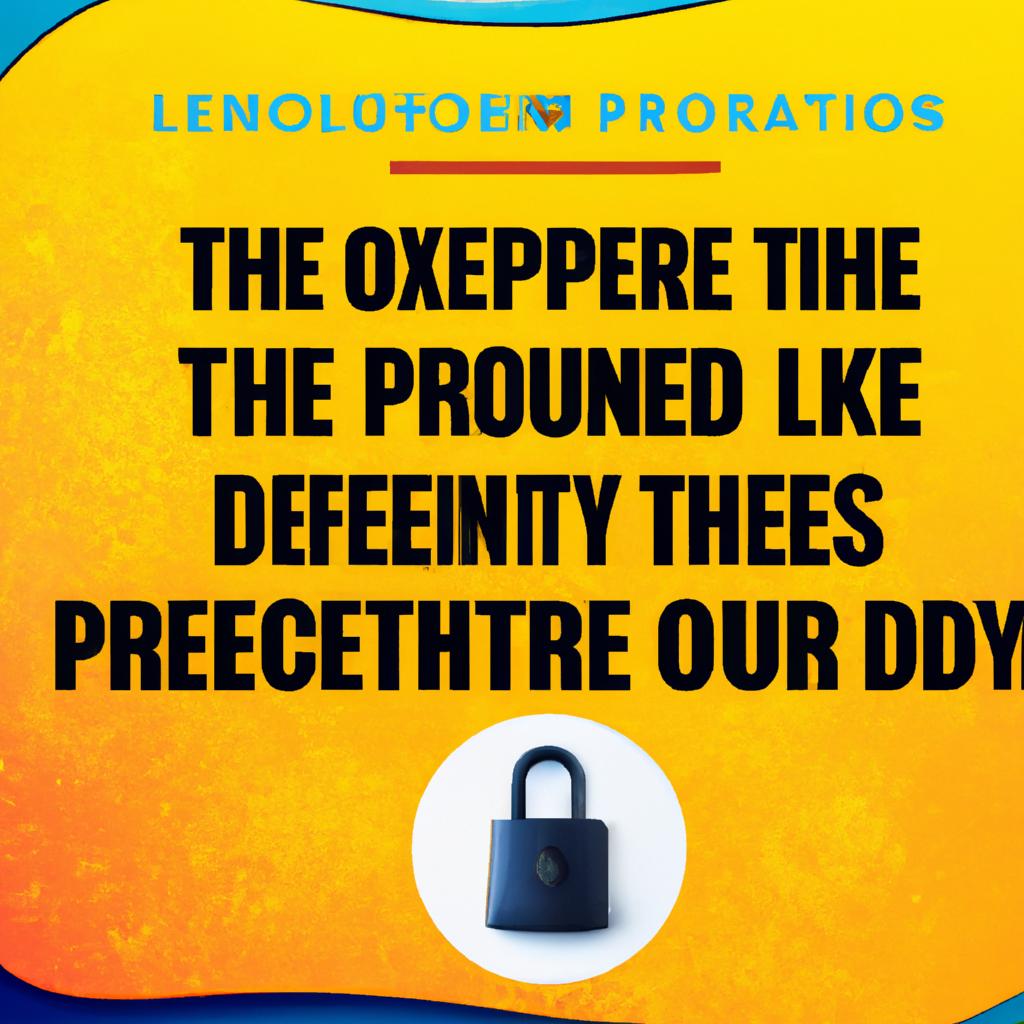Ever fantasized about having your own plot of land, a sanctuary that is truly yours? The initial move towards making this dream come true is securing a deed for the property. In this article, we will delve into the procedure of obtaining a deed and the crucial steps you must follow to affirm your ownership rights. Keep reading to learn how you can transform your property aspirations into a concrete reality.
Grasping the Concept of Property Deeds
When it comes to securing a deed for a property, it’s vital to comprehend the various types of property deeds that are available. A property deed is a legal instrument that transfers ownership of a property from one entity to another. There are several prevalent types of property deeds, such as:
- General Warranty Deed: This deed offers the highest level of protection to the buyer, as it assures that the seller has legal ownership of the property and the authority to sell it.
- Special Warranty Deed: This deed only assures that the seller has not incurred any liens or encumbrances on the property during their period of ownership.
- Quitclaim Deed: This deed transfers any interest or title the seller has in the property, without making any guarantees about the title.
Prior to obtaining a deed for a property, it’s crucial to conduct a title search to verify that the seller has a clear title to the property. Once the title search is concluded and the transaction is finalized, the deed will need to be notarized and recorded with the relevant government office, usually the county recorder’s office.
| Type of Deed | Protection Level |
|---|---|
| General Warranty Deed | High |
| Special Warranty Deed | Medium |
| Quitclaim Deed | Low |
Procedure to Secure a Deed for Your Property
When it comes to securing a deed for your property, there are a few vital steps that you need to follow. Primarily, you’ll need to ensure that you have all the necessary documents and information readily available. This includes things like your property’s legal description, title insurance policy, and any other pertinent paperwork.
Next, you’ll need to reach out to your local county clerk‘s office to request a copy of the deed for your property. You may need to pay a nominal fee for this service, but it’s a crucial step in the process. Once you have the deed, make sure to review it meticulously to ensure that all the information is correct and accurate.
If there are any errors or discrepancies in the deed, you’ll need to collaborate with the county clerk to get them rectified. This may involve providing additional documentation or filing a legal petition to have the errors corrected. Once everything is in order, you can rest assured that you have a valid and legal deed for your property.
Types of Deeds: Selecting the Appropriate One for Your Circumstances
Selecting the appropriate type of deed for transferring ownership of a property is crucial. There are several types of deeds to consider, each with its own benefits and considerations. Understanding the differences between these deeds can help you make an informed decision.
A common type of deed is a general warranty deed, which offers the highest level of protection for the buyer. This deed assures that the seller has clear legal title to the property and protects against any future claims on the property.
Another option is a special warranty deed, which offers less protection than a general warranty deed. This type of deed only assures that the seller has not done anything to impair the property’s title during their period of ownership.
For those seeking a quick and easy transfer of ownership, a quitclaim deed may be the best choice. This type of deed makes no guarantees about the seller’s ownership of the property but can be useful in certain situations, such as transferring property between family members.
Navigating the Legal Process of Transferring Property Ownership
When it comes to securing a deed for a property, there are several important steps to follow. Understanding the legal process of transferring property ownership is crucial to ensure a smooth and successful transaction.
A key step in securing a deed for a property is to conduct a title search. This involves searching public records to verify the current owner of the property, as well as any liens or encumbrances that may affect the transfer of ownership. It is essential to ensure that the title is clear before proceeding with the transfer.
Once the title search has been completed, the next step is to draft a deed. This legal document will transfer ownership of the property from the current owner to the new owner. It is important to include all necessary information in the deed, such as a legal description of the property and the names of the parties involved in the transfer.
After the deed has been drafted, it must be signed and notarized by the parties involved in the transfer. Once the deed is executed, it must be filed with the appropriate government agency, such as the county clerk’s office. This will officially transfer ownership of the property to the new owner.
Concluding Remarks
In conclusion, securing a deed for a property may seem like a daunting task, but with the right guidance and knowledge, it can be a straightforward process. By following the steps outlined in this article and seeking the appropriate legal advice, you can ensure that you have all the necessary documentation to prove ownership of your property. Remember, a deed is not just a piece of paper – it symbolizes your rights and responsibilities as a property owner. So, take the necessary steps to secure your deed and enjoy the peace of mind that comes with owning your own piece of real estate.
 **Unlocking the Secrets: Your Ultimate Guide to Acquiring a Property Deed!**
**Unlocking the Secrets: Your Ultimate Guide to Acquiring a Property Deed!**
In the world of real estate, acquiring a property deed is a crucial step in the process of purchasing or transferring a property. A property deed is a legal document that serves as proof of ownership for a specific piece of real estate. It is important to understand the ins and outs of property deeds to ensure a smooth and successful transaction. In this comprehensive guide, we will explore everything you need to know about acquiring a property deed.
**Understanding Property Deeds**
A property deed is a legal document that transfers ownership of a property from one party to another. There are several types of property deeds, each serving a different purpose:
1. **Warranty Deed**: This type of deed guarantees that the seller owns the property free and clear of any liens or encumbrances. It also promises that the seller has the right to sell the property.
2. **Quitclaim Deed**: This deed transfers the ownership of a property without any guarantees. It is often used in situations where there is no monetary exchange involved, such as transferring property between family members.
3. **Special Warranty Deed**: This deed guarantees that the seller has not caused any defects to the title during their ownership of the property.
**Acquiring a Property Deed**
The process of acquiring a property deed involves several steps, including:
1. **Negotiating the Sale**: Before a property deed can be transferred, the buyer and seller must negotiate the terms of the sale, including the purchase price and any contingencies.
2. **Title Search**: A title search is conducted to ensure that the property has a clear title and that there are no outstanding liens or encumbrances that could affect the transfer of ownership.
3. **Closing Process**: During the closing process, the property deed is signed by both parties, typically in the presence of a notary public. The deed is then recorded with the appropriate government agency to make the transfer of ownership official.
4. **Obtaining Title Insurance**: Title insurance protects the buyer and lender in case any issues with the title arise after the sale is complete. It is important to obtain title insurance to safeguard against any unforeseen problems.
**Benefits and Practical Tips**
Acquiring a property deed comes with several benefits, including:
1. **Legal Protection**: A property deed provides legal protection for both the buyer and seller by clearly outlining the terms of the sale.
2. **Proof of Ownership**: A property deed serves as proof of ownership, protecting the rights of the property owner.
3. **Investment Security**: Acquiring a property deed is essential for securing your investment in real estate and ensuring a smooth transfer of ownership.
Some practical tips for acquiring a property deed include:
– **Work with a Real Estate Attorney**: A real estate attorney can help navigate the complex legal aspects of acquiring a property deed and ensure a successful transaction.
– **Research the Property**: Before purchasing a property, conduct thorough research to ensure there are no hidden issues that could affect the transfer of ownership.
– **Review the Deed Carefully**: Before signing a property deed, review it carefully to ensure that all terms are accurate and all parties are in agreement.
**Case Studies and Firsthand Experience**
To illustrate the importance of acquiring a property deed, let’s consider a case study:
**Case Study: John and Sarah**
John and Sarah are looking to purchase a new home. They found the perfect property and negotiated the terms of the sale with the seller. After conducting a title search, they discovered that there was a lien on the property from a previous owner. With the help of their real estate attorney, John and Sarah were able to resolve the issue and acquire a clean property deed, ensuring a smooth transfer of ownership.
In conclusion, acquiring a property deed is a critical step in the process of purchasing or transferring a property. By understanding the different types of property deeds, following the necessary steps to acquire a deed, and taking practical tips into consideration, you can ensure a successful real estate transaction. Remember to work with a real estate professional and conduct thorough research to protect your investment and secure your ownership rights.





